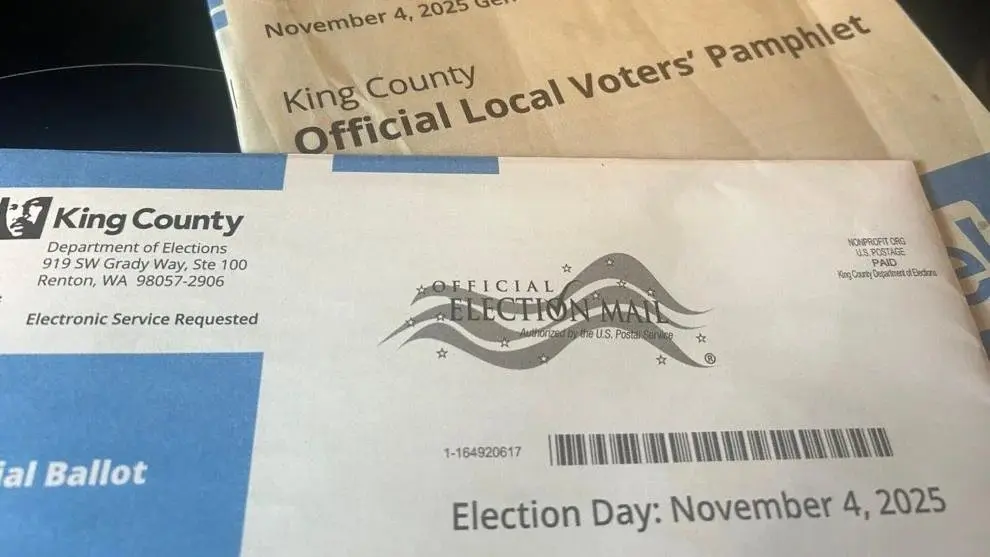SEATTLE, WA – Small business owners in most of the U.S. feel more upbeat, according to the National Federation of Independent Business’ Small Business Optimism Index for August, which increased by half a point from the previous month to 100.8 – the highest level in more than a year.
NFIB’s Washington state chapter, however, is less optimistic. It cites a slate of tax hikes that will take effect in the Evergreen State next month.
Beginning Oct. 1, Washington will implement several tax changes passed by the Legislature earlier this year. The changes include an expansion of the retail sales tax to cover a number of business services and an increase in the business and occupation tax rate for certain service businesses.
The total new revenue from the operating budget passed this session was approximately $9.4 billion over four years.
“While small business optimism is rebounding nationally, Washington state Main Street entrepreneurs are bracing themselves for the impact of the largest tax increase in state history, which takes effect next month,” NFIB Washington said in a news release.
“Several services will now be subject to sales tax, and Business & Occupation (B&O) tax hikes and surcharges will affect nearly every industry, so consumers may soon see prices at the register begin to rise again. NFIB is calling on lawmakers in Olympia to work with us on meaningful adjustments to the Small Business Tax Credit to stave off some of the worst impacts of this tax package on our smallest local businesses.”
Patrick Connor, Washington NFIB director, provided some more details.
“During the 2025 legislative session, NFIB worked with Reps. Mari Leavitt, Ed Orcutt and others on amendments to the B&O tax increase bill that would have modified the existing Small Business Tax Credit (SBTC) to help keep pace with the increased tax rates,” he emailed The Center Square.
Connor explained, “Because the bill didn’t include any mention of the SBTC, our amendments were unsuccessful due to a technicality. House Finance Committee Chair Rep. April Berg mentioned the SBTC and the possibility of a ‘trailer bill’ in the 2026 session to address that and other concerns raised during debate. NFIB is working to ensure that discussion will take place.”
A trailer bill is legislation that contains the specific legal and policy language to implement the provisions of the main budget act. It’s called a “trailer bill” because it follows and complements the main budget bill, providing the necessary statutory details for how programs and funding should be enacted.
Mark Harmsworth is the director of the Small Business Center at the free-market Washington Policy Center think tank. He also believes the coming tax hikes will negatively impact Washington’s economy.
“I am hearing from many business owners that they are exiting the state; it’s just a matter of time before we start seeing the trickle-down effects,” he said in an email. “The national picture is much more positive, where business-friendly states are encouraging growth and receiving the businesses leaving Washington (and California, too).”
The NFIB’s August uptick in small business optimism marked a return to positive sentiment after months of declining uncertainty. This improvement was largely driven by increased expectations for future sales and more business owners reporting improved earnings. Labor quality, however, remained the most significant challenge for small businesses.





